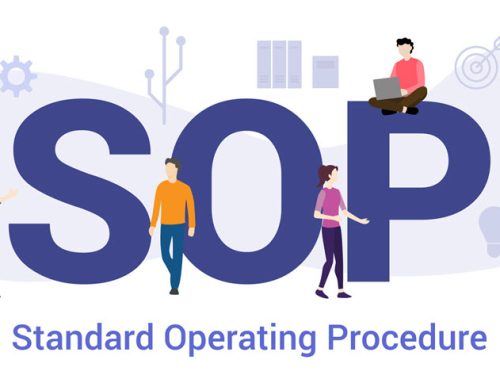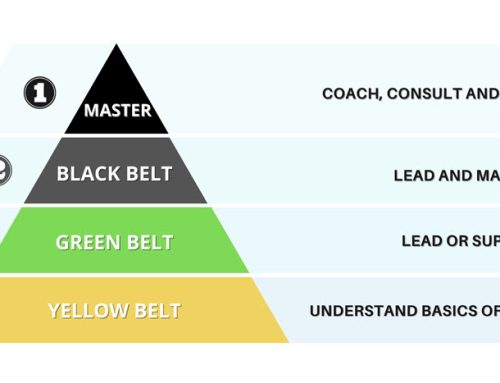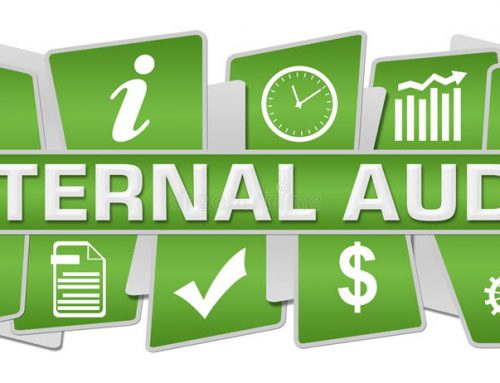In order to enhance and attain value in the organizational activities, the internal audit is designed to monitor the activities. The internal audit assists the organization in attaining systematic and disciplined management. This approach helps in improving the effectiveness of government control and risk management. Through considering the internal audit, the organization can utilize the recommendation and data analysis to provide insights into the business processes. The internal audit scope of work is broad within the organization to attain effective operation, reliable management, and financial security. The independent internal audit scope of work is based on effective governance through the provision of unbiased and independent assessment of the organizational activities. By being a catalyst and adviser, it provides an effective result in managing the risk associated with organizational ethics, finance, standards, regulations, and policies.
The Internal Audit Scope of Work
Basically, the internal audit scope of work within an organization deals with the control, programming, and functionality associated with the management of the organization. It analyzes the capability and performances considering the following factors:
- Evaluation of the risk management process and analyzing its effectiveness.
- Values, ethics and moral that are promoted in the organization.
- Employee’s performance considering the regulation, standards, position, and policies of the organization.
- Improvement in the quality through control processes.
- Achievement of plans, goal, and objectives.
- Recognition of regulation and legislative functioning.
- Coordination and interaction to attain group for governance and maintenance.
- Depletion of resources to be protected and used efficiently.
- Fraud management to reduce the risk.
- Security practices to protect the assets, privacy, and information in compliance with the rules of the organization.
Scope and Functionality of Internal Audit
The functionality of the internal audit is based on the six operations that are explained as:
Systematic accountability
The internal audit is based on the systematic accountability of the records and information within an organization. In order to attain control, it is extremely important to examine the procedures and operations. In this way, the organization is capable of relying on the internal audit. The organization will be able to protect the asset and perform functions through considering the systematic account of the internal audit.
Reliability of the information
In order to provide an effective recommendation, it is important to consider the integrity of the information. Before utilizing the information in the operational and financial functioning, the authenticity should be confirmed. The means of the information should be legally identified and considered.
Consideration of the impact
It is also important that the recommended procedure is not negatively affecting the policies of the organization. In the case of new policies and suggestion, the impact on the organization should be taken into consideration. First of all, the internal audit identifies the effectiveness and compliance with business policies. After that, the report should be presented to attain systematic changes and improvements.
Proper utilization of the assets
The assets of the organization identify the profit and future capabilities. The existing systems should be verified and protected by the internal auditor. The existing assets should be checked and verified as well.
Evaluation of the resources
After the provision of the resources, it is important to evaluate the effective usage. The employees should be monitored by the internal auditor to evaluate their performances and utilization of the resources. The resources should be used considering the efficient access and economic position of the organization. In the case of financial issues, the internal auditor should take the necessary measures to prevent fraud. To attain the effective use of resources the following factors should be considered
- Utilization of the capacity provided by the organization.
- Avoidance of nonproductive and lack of work by the employees.
- Reduction of procedure that doesn’t compile with the organizational regulation and policies.
- Massive increase or reduction in the number of employees and staff.
Achievements considering a particular timeline
Considering the goals and objectives of the organization, the internal auditor should examine the operation of the organization. Considering a particular timeline, the progress and improvement in the functionality should be accessed. In this way, the consistent improvement and secured future can be attained. Other than that, the plans and procedures should be designed considering the existing progress.






